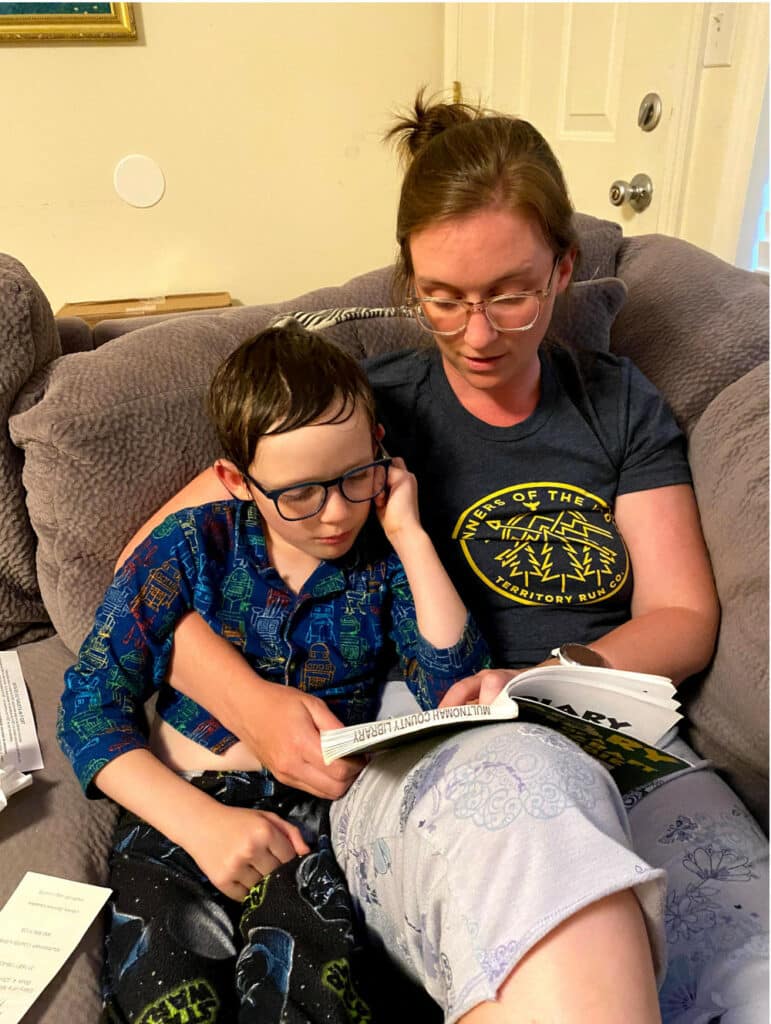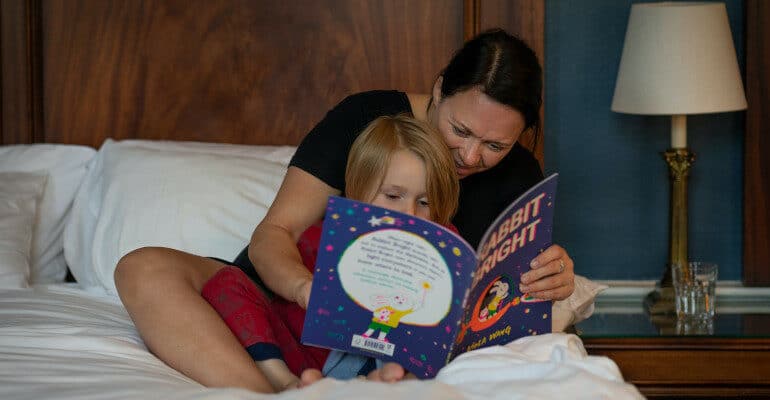Penn State University researchers partnered with The Shadow Project to study how families help their children with learning disabilities improve reading skills.

“According to the researchers, children who grow up in households with a positive home literacy environment, where books are available and who have parents who encourage reading, tend to develop advanced thinking skills that increase their chances of academic success. However, because it is difficult to collect data over long periods of time in homes, researchers often lack specific data on just how day-to-day fluctuations in parental and household characteristics impact home literacy environments,” Penn State wrote in a recent article.
“While ensuring access to reading material in the home is important, other important resources, such as a parent’s time and energy, are often overlooked. Researchers, therefore, need access to a much deeper level of detail on parents’ economic, emotional and physical states to better inform literacy programs and interventions.”
Kyle Husmann, the lead researcher on the study, explained in the article, “In this particular study that we’re doing with the Shadow Project, we’re looking at home literacy activities and how they relate to parents’ sense of self efficacy and the available resources that are at their disposal.”
Husmann continued, “We’re asking the parents about aspects of the home literacy activities, activities that they were engaging in with their child during the day, whether that’s reading with their child or listening to an audiobook or anything that’s related to literacy. But, we are also asking parents how they feel in terms of their confidence in their parenting, and if they feel they’re doing a good job and feel like they have the competence to be able to handle helping their kids with reading. And then we’re also asking if the parent had enough time and if they felt burdened by finances, or if they feel they have the basic necessities in life.”
Sharon Juenemann, Executive Director of The Shadow Project, said “I’m thrilled to partner with Penn State on this study to understand what caregivers’ experiences have been like, so Shadow Project programs remain centered on what children and families in our community are experiencing on a day to day basis.”
Check out the full article from Penn State on this exciting research.


Comments are closed.